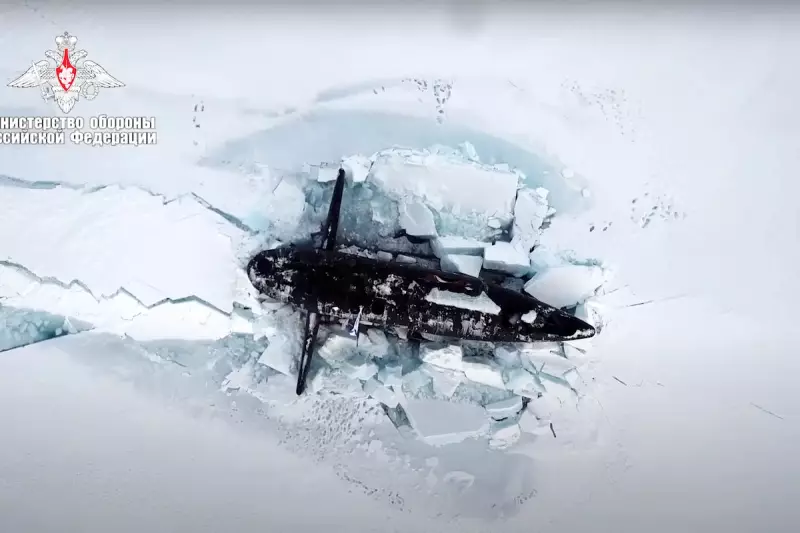
Russia's aggressive military expansion in the Arctic has set off alarm bells across NATO, as Vladimir Putin continues to fortify Moscow's presence in the strategically vital region. The Kremlin's recent deployments of advanced weaponry and infrastructure have prompted urgent discussions among Western allies about how to counterbalance Russia's growing dominance.
The New Cold War Frontier
Analysts describe the Arctic as the emerging flashpoint in 21st-century geopolitics, with its vast untapped resources and crucial shipping lanes becoming increasingly accessible due to climate change. Russia has been systematically militarising the area, establishing new bases and testing cutting-edge weapons systems designed for extreme cold weather operations.
NATO's Response
David Lammy, shadow foreign secretary, has called for a coordinated NATO strategy to address Russia's Arctic ambitions. "We cannot afford to ignore Putin's calculated moves in the High North," Lammy warned. "This requires immediate attention and a unified Western response."
The alliance faces complex challenges in the region, where Russia enjoys significant geographical advantages and has been modernising its Northern Fleet with nuclear-powered icebreakers and submarines capable of operating under polar ice.
Resource Wars on the Horizon?
Beyond military considerations, the Arctic holds an estimated 30% of the world's undiscovered natural gas and 13% of its oil reserves. Control of these resources could reshape global energy markets and give Russia substantial economic leverage.
Environmental groups have expressed concerns that the militarisation could escalate tensions in what has traditionally been a zone of international cooperation. The Arctic Council, which includes both Western nations and Russia, faces growing strains as geopolitical rivalries intensify.
Historical Parallels
The current standoff evokes memories of Cold War tensions, when the Arctic served as a frontline for nuclear deterrence. Modern satellite imagery shows Russia has reactivated and expanded many Soviet-era bases, while developing new capabilities like hypersonic missiles specifically designed for Arctic conditions.
As climate change accelerates the region's strategic importance, NATO members are grappling with how to respond without triggering an outright arms race in one of the planet's most fragile ecosystems.





